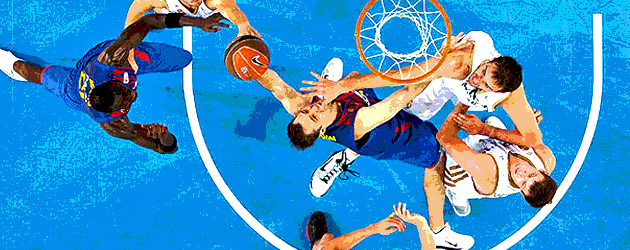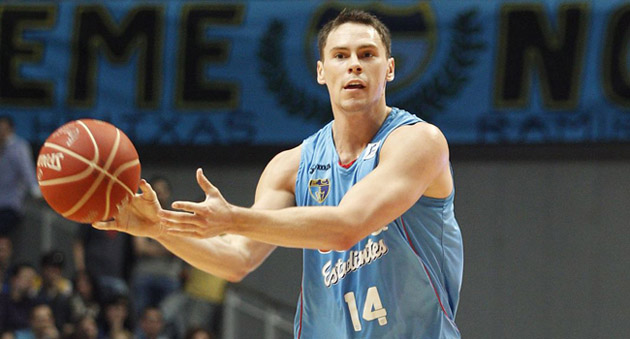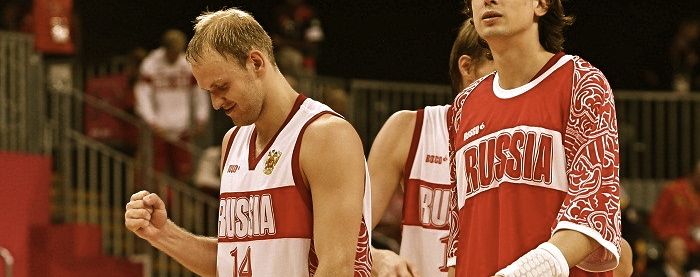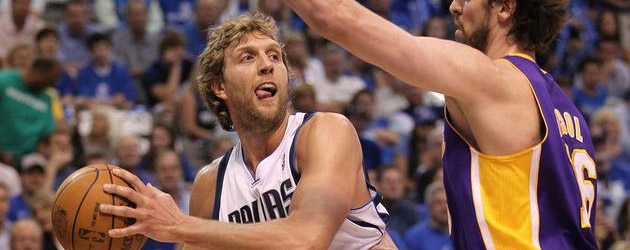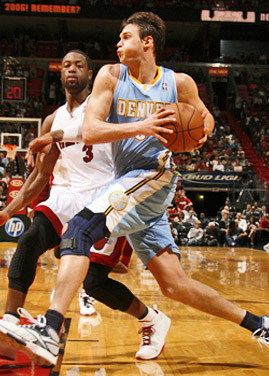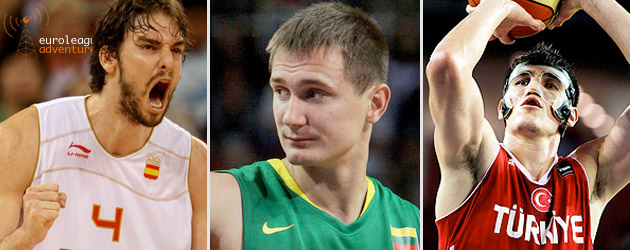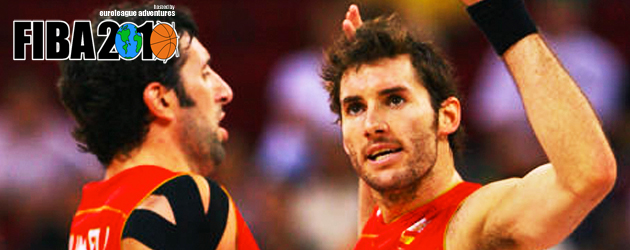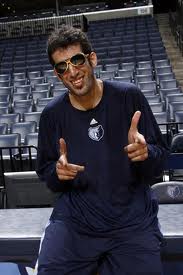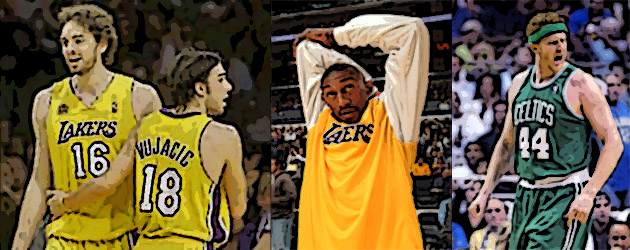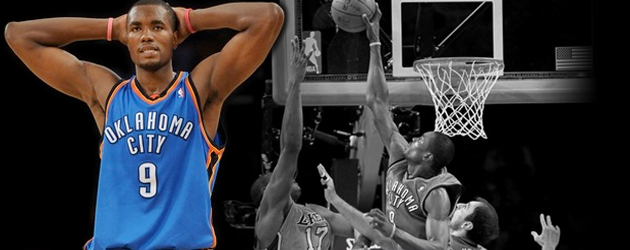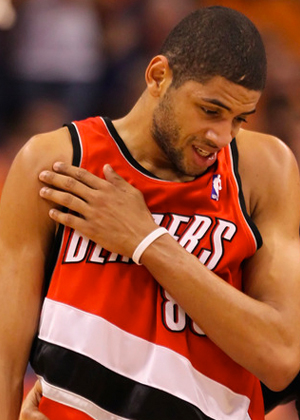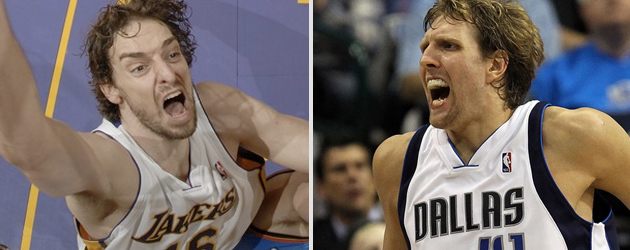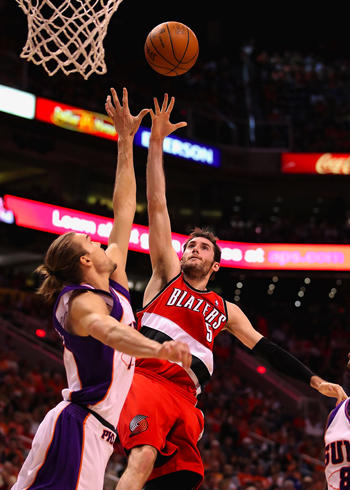By Rob Scott / @robscott33
Spain came into this tournament as arguable joint favourites, and at least the clear choice to reach the final from their half of the bracket. There wasn’t much to read into either way from their opening two games. To beat Iran 90-60 and Egypt 91-54 required little more than tickling their opponents bellies until they gave in.
Brazil, in the third game, had the pieces to challenge the host nation, but came away 82-63 down. After the United States struggled in the first half against Turkey, many observers have merely strengthened their claim that Spain can beat the US, assuming both make it to the final of course.
The first quarter of the Brazil game was a thing of simple, understated beauty. The men in red didn’t so much slice up the Brazilian defense as invite it to leave gaps so they could gratefully exploit them. A Gasol on each side of the paint with the maestro Juan Carlos Navarro darting around them is just damn hard to stop, and Brazil wasn’t able to do so.
Below is a play everyone in Europe has seen a thousand times: Navarro drives into the paint and throws the ball up in the air. Is it a lob pass to the rolling big, or is it a floater destined to creep through the rim? At the time he shoots it, only he knows, which makes Splitter one of the many esteemed but helpless big men to be caught in this scene. When Barcelona struggled last season, Navarro wasn’t doing things like that. It was a great sign for the Spanish offense.
Coach Orenga’s eyes must have lit up even more as the early minutes ticked by and the offense whirled into motion. Navarro shuffles to the baseline under the rim but then suddenly darts between Nene and Barbosa, his man. That quick spark of movement has eluded JCN intermittently over the past two seasons, but he appears to be at full sharpness now. Throw in a bone-shivering back screen from Marc Gasol at the right elbow, and if Navarro can stop, catch and shoot the three from there, it’s going to be a long night for any defense. Let’s only speculate at how confused James Harden might be.
The next clip shows a flare screen from Marc at the left elbow this time, but the ball goes inside to Pau on the low block instead. This is just to show that Navarro doesn’t have to be the focal point, but that Spain’s superb spacing and ball movement is what creates the opportunities for their superior individual talent to score. How can you double team Pau on this play without gambling on an open shot? Notice Rubio is on the opposite side of the floor - as the only guy you can help off, he’s too far away for it to matter.
Navarro uses the same flare screen here, but the result is a long two point jumper. Pau is the decoy this time, in a dummy pick and roll on the right side, but the ball gets swung out to Navarro. Barbosa doesn’t have a hope in hell of getting round Marc’s screen and Splitter is, understandably, starting from too far into the paint, shaded over towards Pau. Beautiful, elegant ball movement, multiple players involved in each set, and this was all in the first quarter.
Later on, Pau started hitting threes off pick and pops or just fading out to the arc when the defense collapsed on Marc. The versatility of the two brothers explains why Serge Ibaka is only going to be an impact bench player for this team. When you have two guys that size, who are that intelligent and symbiotic in their understanding of how to play the high and low post areas, why mess it up by splitting them apart?
It seems a shame to reduce this tournament to one game, between two teams, but with the lack of a third contender, part three of the USA versus Spain trilogy seems inevitable. If that seems unfortunately predictable, at least it should be worth waiting for.

